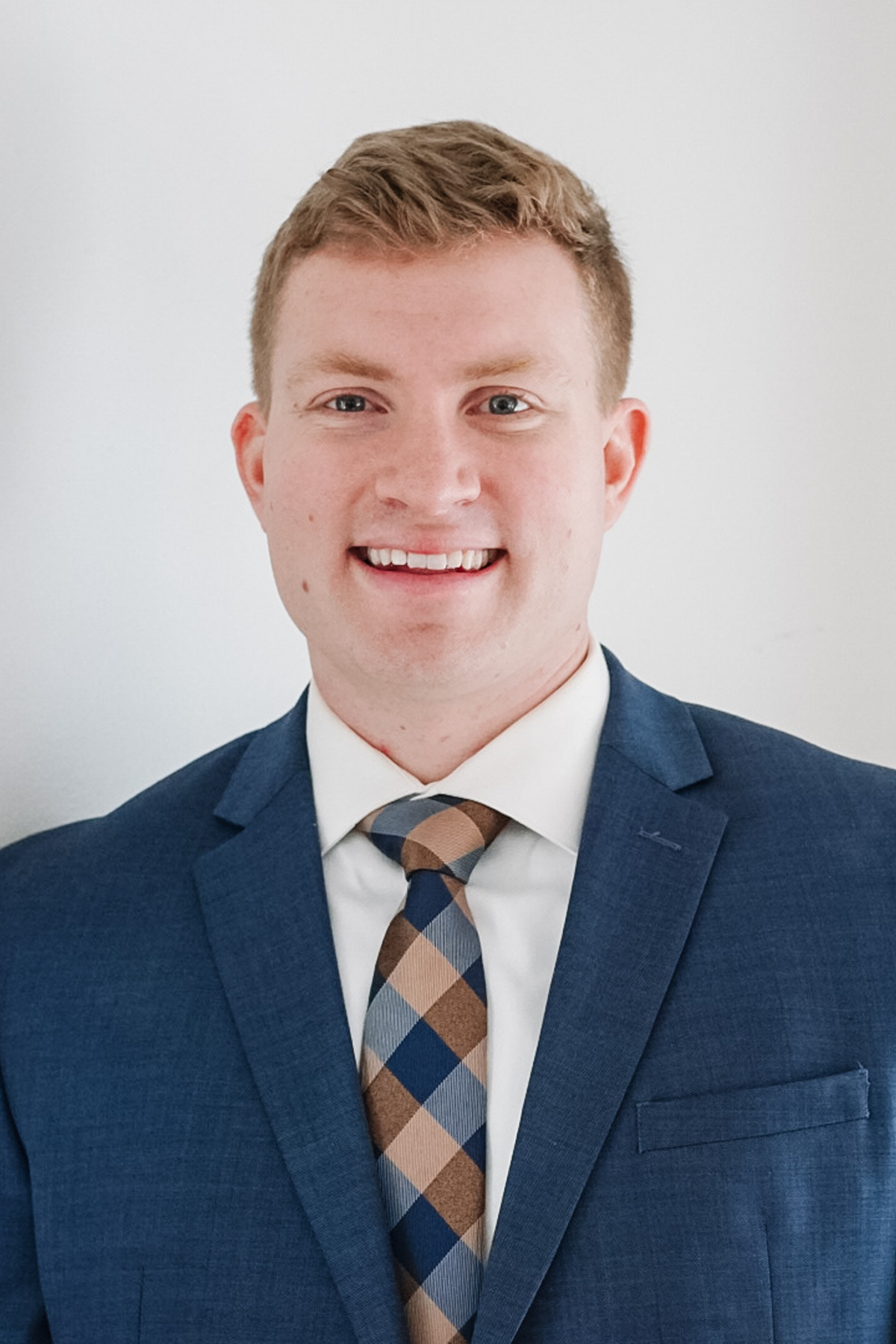Business and Climate Change: Three Harvard Business School Student Perspectives
|
by Shona Simkin Like any new journey, starting out as an MBA student at Harvard Business School (HBS) can be daunting. An unfamiliar campus; classmates from various backgrounds, careers, and cities around the globe; an entirely new pedagogy. It can take a while to adjust. This year, there was a new, early opportunity to engage in meaningful topics and find community: Business and Climate Change, an HBS Online course offered to all incoming and returning students over the summer, with tuition fully subsidized by the Business and Environment Initiative (BEI). Created by Professors Mike Toffel and Forest Reinhardt, the five-week, self-paced online class covers the science, economics, policy, and mitigation and adaptation aspects of climate change with a business lens. A total of 53 students enrolled in the course over the summer, roughly two-thirds of whom were new Required Curriculum (RC) students. In September, the BEI hosted a dinner to bring the online cohort together and celebrate their completion of the course—Dean Srikant Datar joined and gave remarks. We talked with three students about their journey to HBS, how they aim to create a difference in the fight against climate change, and their experience in the class. Iksun Kwon (MBA 2026) 
Born and raised in South Korea, Iksun Kwon went straight from college to a tech manufacturing company as an account manager. After several years in supply chain management, she shifted to building strategic deals, chief among them an investment in their own infrastructure to reduce carbon emissions. One of the company’s biggest clients wanted to show their customers that they were serious about mitigating climate change—working with engineers, lawyers, employees, and carbon emissions experts, Kwon negotiated a contract satisfying both companies. But the company might drive greater change throughout the industry, she realized, if they had initiated those changes on their own. “I thought we could really expand the impact if we could suggest these changes to our suppliers and customers, and it would also build a good brand image of the company,” said Kwon. “I thought that if I had the chance, I’d like to learn more about this field because I was just at the surface, and wanted to be more of an expert.” Enrolling at HBS and coming to the US for the first time was a chance for Kwon to challenge herself and expand her worldview while gaining knowledge and experience she can take back to businesses in South Korea. She found the HBS Online course a valuable introduction to both the field and the HBS pedagogy. “I’m from a culture that doesn’t have cold calls or the case method, and this course was online but it captured the feeling of the HBS teaching style. If I hadn’t done it, I’d be really surprised by the classroom,” said Kwon. “Everyone knows that climate change and emissions are important but there aren’t many chances to really learn the details about it, so this was a really good starting point for me. I did it out of curiosity based on my work experience, and I feel that it has expanded my perspective and work.” Vasu Purohit (MBA 2026) 
Vasu Purohit’s drive to work in clean energy stems from a childhood in a multi-generational home in a Tier-2 town in India. Unable to afford liquid petroleum, his grandmother cooked their meals on a cow dung-fired stove. At age 18, he pursued petroleum engineering over the more conventional technology path, joining a large oil and gas firm after graduation to gain field experience and improve access to under-resourced communities. “Over the last few years, I realized that I was working towards helping a community that wouldn't exist in a couple of decades if we did not change the way we are doing things at the moment,” said Purohit. “I realized that it's not a uni-dimensional problem—energy access is one, but clean energy is something that we need to pivot to.” To help solve this dual problem of energy access and climate change, Purohit enrolled at HBS to expand upon his operational strategy lens with the skills, such as finance and public policy, necessary for large-scale impact. The Business and Climate Change course was a natural fit. “In the clean energy space, I came to HBS to interact with people pursuing different paths, whether it’s in private equity, starting their own ventures, or working in strategy roles,” said Purohit. “Since I want to do this long term as a career, I thought this would be the right start for revising certain concepts and learning new ones, especially understanding the US and global landscapes, since my experience was mostly limited to India. This felt like the right platform to get acquainted with what the course and the Business and Environment Initiative had to offer.” Jack Senft (MBA 2026) 
As a helicopter pilot and aviation officer in the US Army for eight years, Jack Senft witnessed extreme climate change during his deployment to Iraq in 2022. The unprecedented heat, drought, blackouts, and pollution he saw catalyzed his conviction to effect change. Senft left the Army with the goal of greening the aviation industry, armed with an HBS MBA. He sees the Business and Climate Change course as a bridge to HBS that built an important foundation of knowledge and community of classmates with similar career goals. A month into classes, he’s excited to have already utilized key concepts in a number of case discussions. “We had a finance case on whether a homeowner should invest in solar panels, and I had the background from this course to say that it was more than just saving energy costs, it’s also about subsidizing future solar expansion for others and the community as a whole. It was really interesting getting that deeper level perspective and getting to apply it,” said Senft. Senft is hoping to balance out his experience with a sharper focus on the business and finance aspects of climate change, and to work at a startup engaged in clean mobility solutions. “I think aviation is ripe for growth,” he said. “The aviation community went from the Wright brothers to the moon landing in 66 years and really hasn’t developed all that much since. As we approach the 66th anniversary of the moon landing we don’t have much to show for it. I really believe that sustainable aviation is that future and that the next step is to make it more equitable, accessible, and cleaner, to benefit society as a whole. That’s really exciting to me. It’s not easy, but with the right people and the right desire for it I think it’s possible.” Why Business and Climate Change? Toffel reflected on why he and Reinhardt worked for several years with the HBS Online team to create the course. “Our objective has always been to enable a wide range of individuals —whether current managers, MBA and undergraduate students, budding entrepreneurs, or potential career switchers—to better understand how climate change is affecting businesses around the world across a wide array of sectors. We focused on how companies are adapting to the physical changes that climate change is bringing, from more intensive droughts to heat waves to sea level rise, and how companies are pursuing opportunities to decarbonize their products, operations, and supply chains.” “At HBS, we have the incredible opportunity to speak with many managers, scientists, and policy experts, and this course enables us to share their stories,” added Reinhardt. For Lynn Schenk, the director of BEI, the course was an important opportunity to support MBA students’ understanding of how climate change can be integrated into case discussions and how it will affect business around the world during their careers. “We’re delighted that every first-year section includes students who took this course and who can help cascade their knowledge to their classmates.” Want to learn more about business and climate change at HBS? The HBS Online Business and Climate Change course is the latest addition to a growing number of related offerings that are available to those beyond HBS students, including HBS Climate Rising podcast hosted by Toffel, the student-run Climate Symposium on November 2, several other HBS Online courses including Sustainable Investing developed by Professors Shawn Cole and Vikram Gandhi and Sustainable Business Strategy developed by Professor Rebecca Henderson, the Business and Environment Initiative blog, and the Institute for Business in Global Society’s BiGS Fix.
|
Post a Comment
Comments must be on-topic and civil in tone (with no name calling or personal attacks). Any promotional language or urls will be removed immediately. Your comment may be edited for clarity and length.
